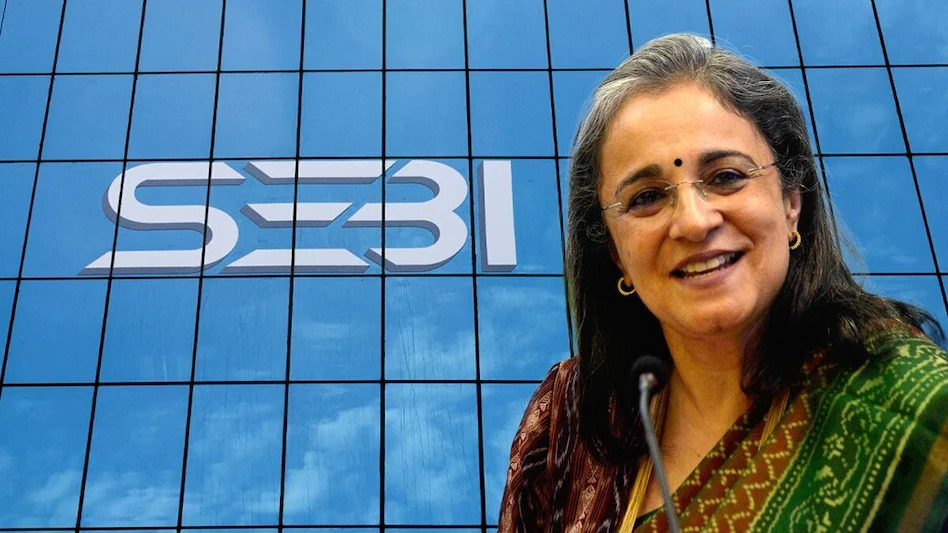Key Changes for Indian Stock Market Investors Effective October 2024
As Indian markets maintain their upward trend, several crucial regulatory changes will take effect in October, which could influence investors’ strategies and profitability. These changes include revised transaction fees by major stock exchanges, a hike in the Securities Transaction Tax (STT) on futures and options (F&O) trading, and updated rules for share buybacks.
1. NSE and BSE Transaction Fee Revisions
Both the NSE and BSE have announced adjustments to their transaction fees, following the Securities and Exchange Board of India’s (SEBI) directive to adopt a uniform fee structure across market institutions. The key revisions are:
– BSE: For options contracts on Sensex and Bankex, the transaction fee will be Rs 3,250 per crore of premium turnover. Fees for other equity derivatives remain unchanged.
– NSE: The cash market will see a fee of Rs 2.97 per lakh of traded value, while equity futures will incur Rs 1.73 per lakh of traded value. For equity options, the fee will be Rs 35.03 per lakh of premium value. In currency derivatives, futures will be charged Rs 0.35 per lakh of traded value, and options will incur Rs 31.10 per lakh of premium value.
2. STT Hike on F&O Trading
In line with announcements made earlier in the year, the Securities Transaction Tax (STT) will increase for futures and options trading:
– Futures: The STT will rise from 0.0125% to 0.02%.
– Options: The STT will increase from 0.0625% to 0.1%.
3. New Taxation Rules for Share Buybacks
From October, income earned from share buybacks will be taxed in the hands of shareholders, similar to dividends. The tax will be calculated based on the individual’s applicable income tax slab, shifting the tax burden from companies to shareholders.
These changes are expected to increase the cost of trading and affect overall profitability, particularly for those involved in high-frequency trading or derivatives. Investors should assess the impact of these revisions on their strategies going forward.

